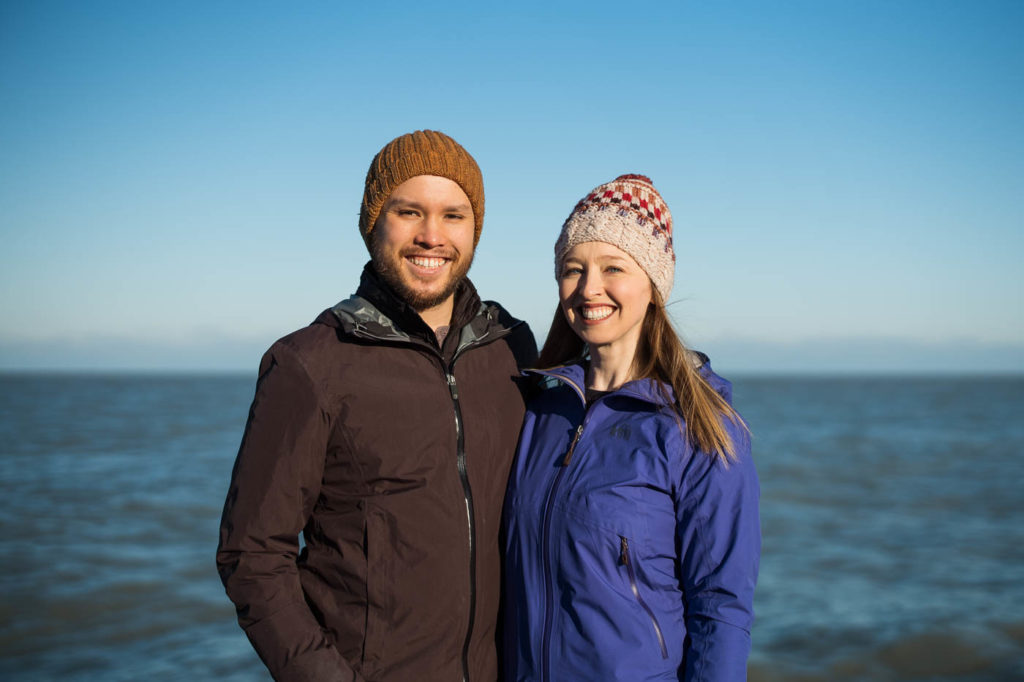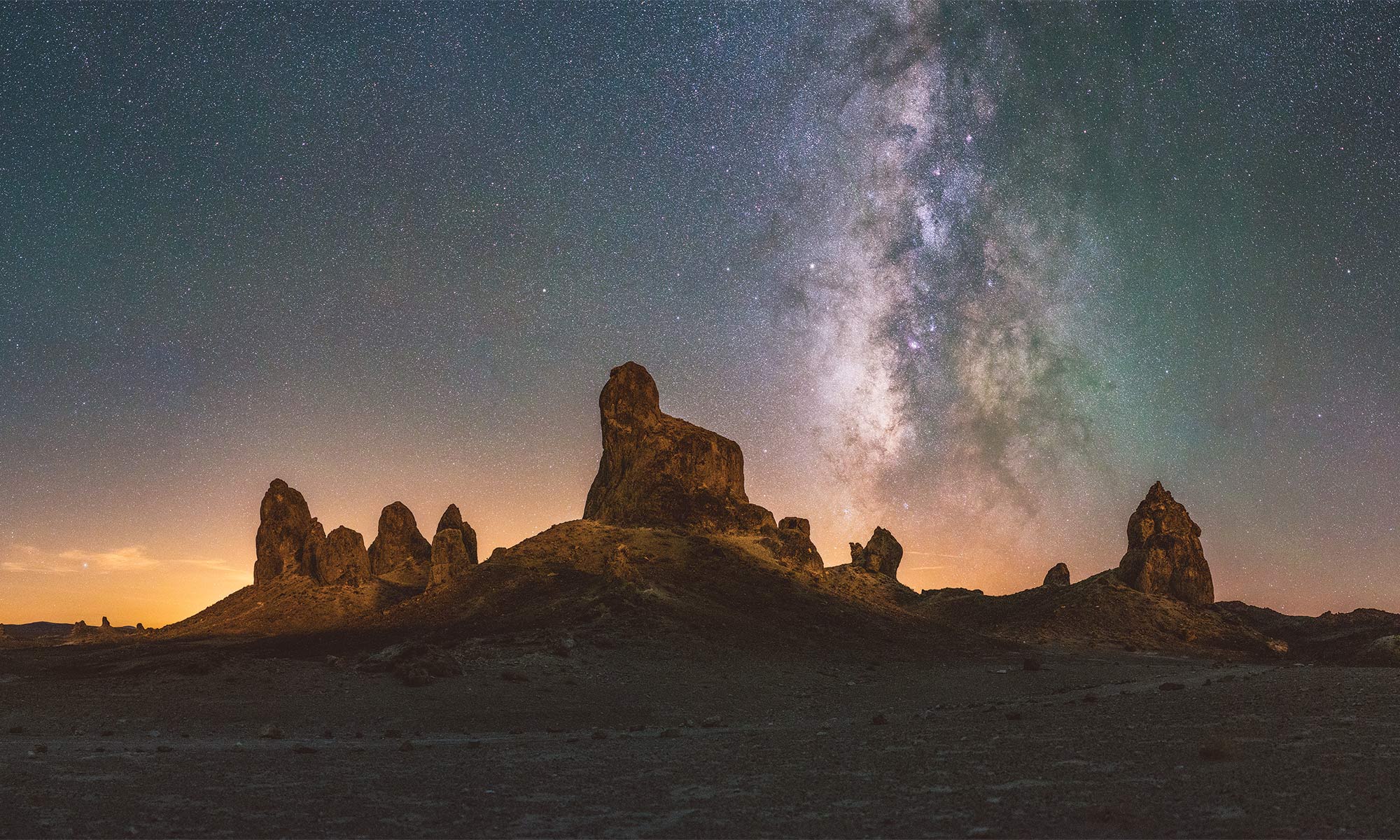Hello and welcome to Lonely Speck!
We are Ian Norman and Diana Southern, a married couple with a passion for photography and travel.

Lonely Speck is the home of our night photography and astrophotography adventures. It’s a project to help us learn as much as we can about photographing the Milky Way and sharing those experiences with others so that they can learn how to do it, too.
Here you will find our best efforts to impart our own knowledge of dark sky photography to you. We pride ourselves on the hundreds of images all of you have created and shared with us using the tutorials and articles on Lonely Speck. We hope that you will find as much satisfaction using the tools here as we have had creating them.
We hope that you will join our small community and share your experiences with us. Subscribe to our email list, share your images on our Flickr group, follow us on Facebook, and read about our travel adventures on our travel blog.
Check out our meet-ups and workshops page for more opportunities to connect with us!
Wishing you clear dark skies and happy photographing.
–Ian & Diana

[email protected]
I cant get the backing of the filter. Is there an easy way?
Never mind soap and water worked.
ian, just want to make sure it is okay if I use you for my GCSE project and use your images in my course, obviously im not going to say your pictures are mine I just need a photographer to base my project on.
Hi Ian
Just bought a new 24mm Rokinon Nikon Fit lens with metering, and also just received my Sharpstar2 focusing filter, cannot wait to travel to the Dark sky park here in Scotland hoping for some clear skies.
Davy
I would like to know the best way to capture using a camera that has a full spectrum modification. I tried to capture the California Nebula, and its red, the sky is red, and I can barely see it. I have ordered a 630nm filter think it will pass the 656nm red of the nebula and I’m hoping that the sky will not be as red. The HA filters aren’t available in sizes needed by cameras and lenses. I am using the Rokinon 135mm f2.0 and it certainly pulls in a lot of stars without annoying distortion. But I want to see the nebulas.
Hello!
Do you plan to test canon EFs 10-18mm IS stm?
it looks cheap, but very good in this focal lengths ( in any case – for daylights), and i suppose, it may be not bad for large night sky panoramas too?